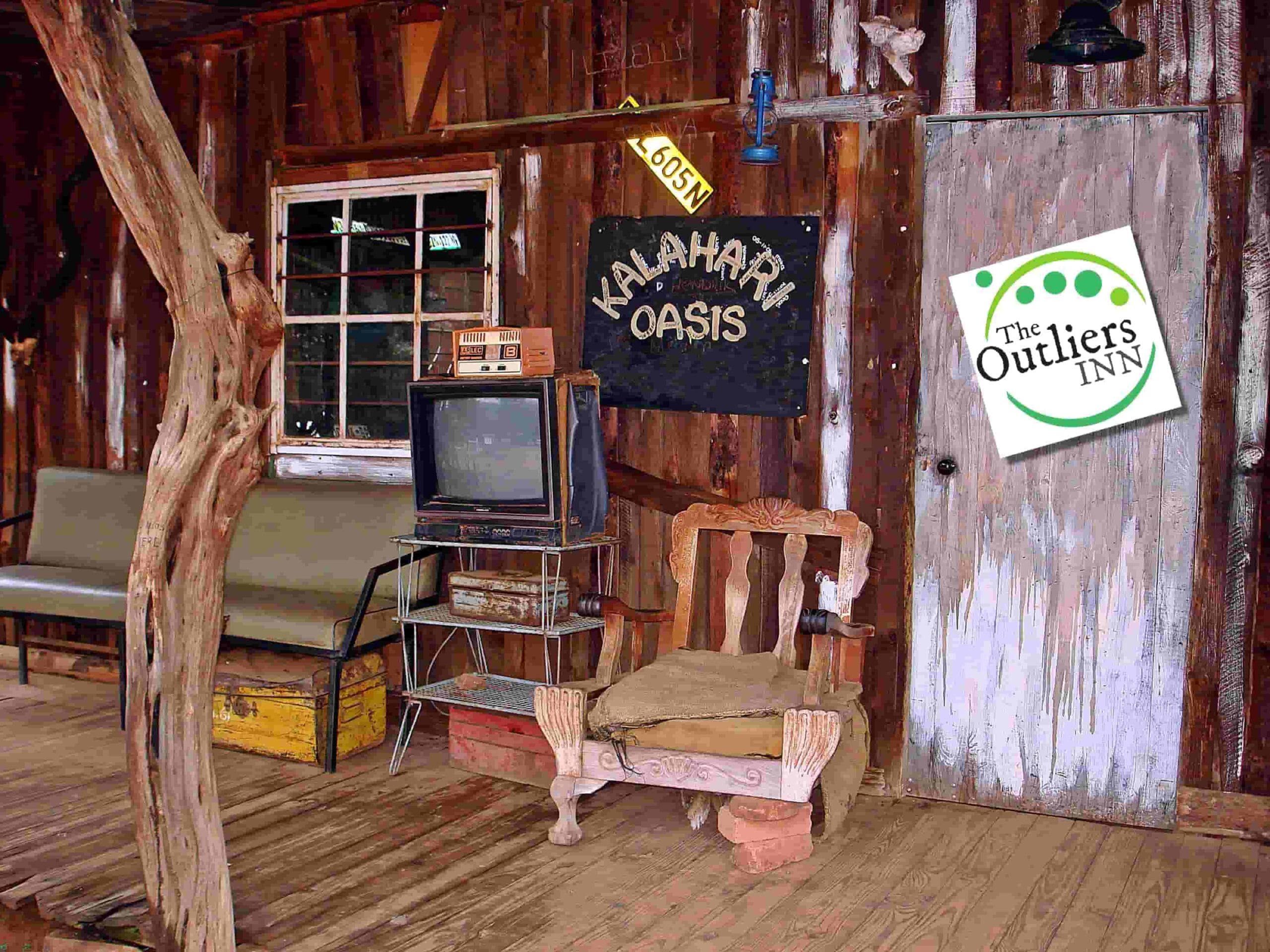The Outliers Inn; Supply Chain Woes
In this episode of The Outliers Inn, Mule, JP, and guests discuss reported challenges and disruptions in Supply Chains and Logistics. After all, we have seen it in all the media; ships parked for as far as the eye can see off or Los Angeles (and to a lesser extent, Newark), trains that are 25 miles long heading into Chicago, reports of a lack of trucks (and truck drivers), and the threats of bare shelves at the store and a real Grinch’s Christmas.
But how much of this is real and how much is hype? Other than having to pay more (much more), has anyone really found it difficult to access the items they need or want? And we also discuss what the “root cause(s)” of the challenges might be and how many of them are self-inflicted wounds – and are government efforts helping or hurting?
JP, being in the EU (Germany) has to confess that he has not been personally affected by the alleged disruptions, everything seems to be normal. The same is true of Mule and our guests; except that Andy from the UK shares that they endured a disruption in fuel and had challenges buying “tights”. But all in, anyone that needs to buy a GI Joe with the Kung-Fu Grip for a Holiday gift will be able to get one.
But Mule and Don both shared that industrial items (chips, steel, machinery, have some pretty nasty lead times and these are threats to businesses. Lead times aside, smaller manufacturers are being sidelined as component manufacturers tend to their largest customers first. They may be told they will be getting product this week or next, but then “poof”, their allocation has been re-allocated; probably to someone yelling louder, more important or (gasp) to someone willing to pay more.
There’s lot’s more… Give a listen…







